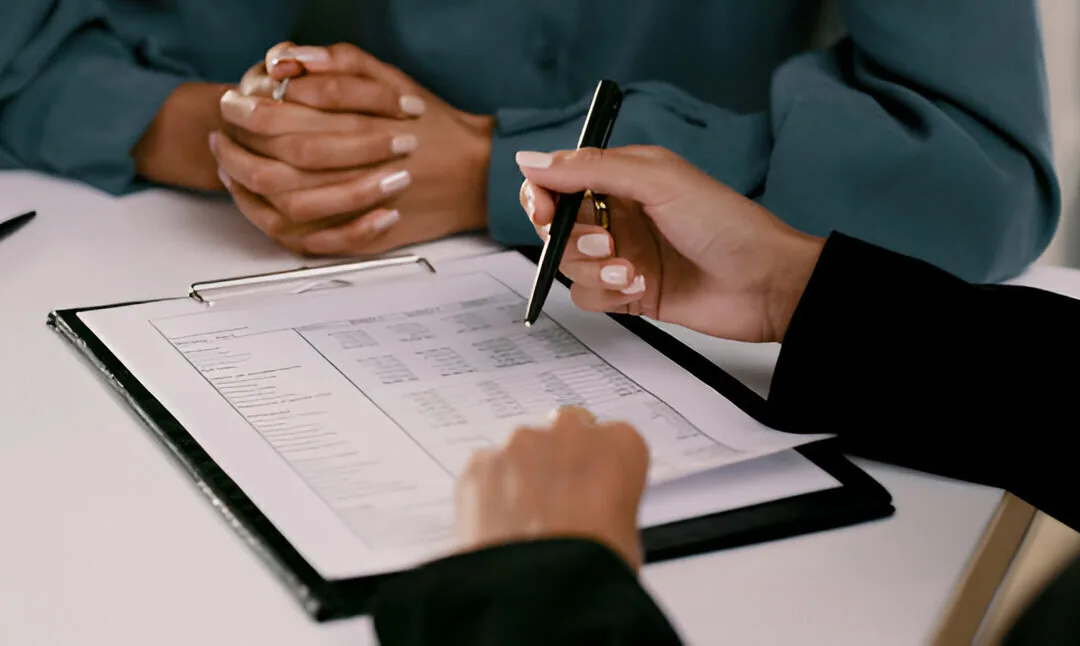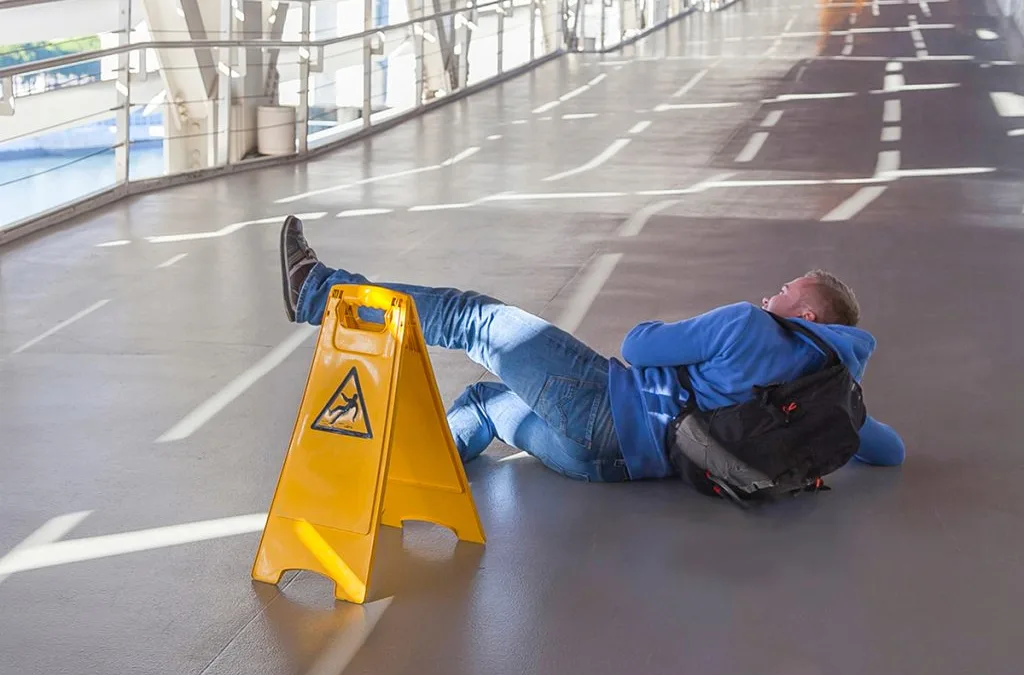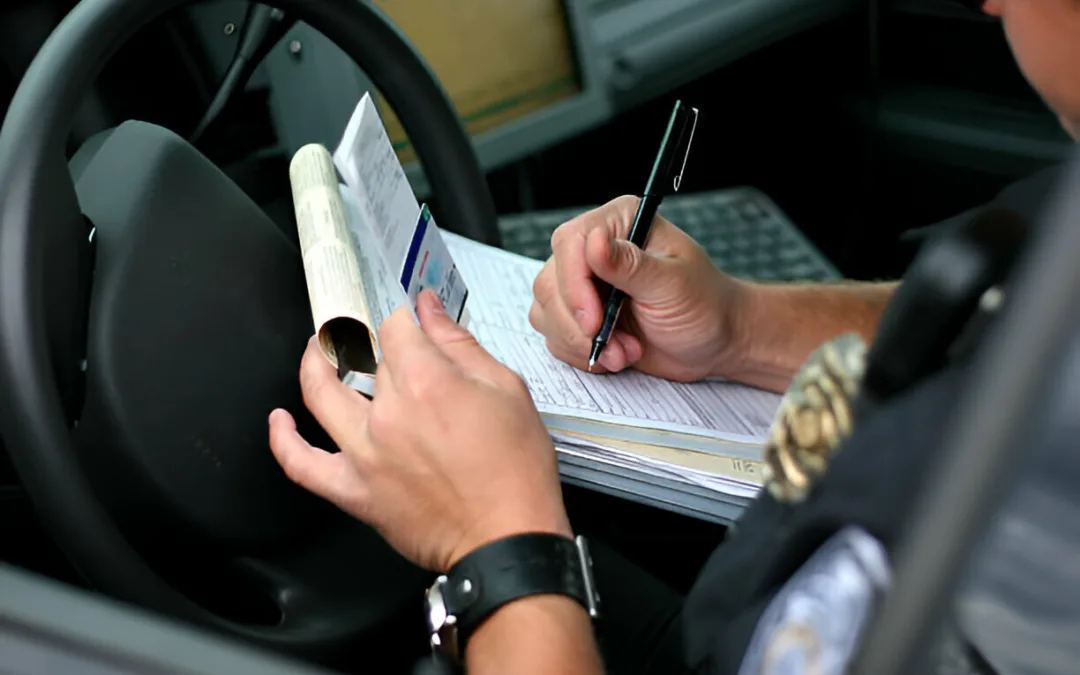
Motorcycle accidents can be devastating, resulting in severe injuries and significant financial burdens. If you find yourself in such a situation, it’s essential to understand how to document your motorcycle accident properly. This article will guide you through the process of gathering crucial information and evidence to support your insurance claim or potential settlement. By following these steps, you can strengthen your case and increase the likelihood of receiving fair compensation for your injuries and damages.
1. Ensure Your Safety First
Before diving into the documentation process, prioritize your safety and seek medical attention if necessary. Contact emergency services and wait for them to arrive at the accident scene. Your well-being is of utmost importance, and documenting the accident should not jeopardize your immediate health needs.
2. Gather Information at the Scene
As soon as it’s safe to do so, collect vital information from the accident scene. Exchange contact details, including names, addresses, phone numbers, and insurance information, with all parties involved. Additionally, document the make, model, and license plate numbers of the vehicles involved, as well as any witnesses present. This information will be invaluable when filing an insurance claim or seeking legal assistance.
3. Document the Accident Scene
Take photographs or videos of the accident scene, capturing both close-up shots and broader perspectives. Include images of the vehicles, damage sustained, skid marks, road conditions, traffic signs, and any other relevant details. These visual records will provide essential visual evidence to support your claim and help reconstruct the accident accurately.
4. Note Weather and Road Conditions
Make a note of the weather conditions prevailing at the time of the accident. Was it raining, foggy, or sunny? Additionally, assess the road conditions, including any potholes, debris, or uneven surfaces that may have contributed to the accident. These details are crucial as they can shed light on potential hazards that may have caused or exacerbated the collision.
5. Obtain Witness Statements
If there were any witnesses to the accident, gather their statements and contact information. Witness testimonies can significantly strengthen your case by providing independent accounts of the events leading up to the accident. Ensure you ask for permission to use their statements and request that they describe what they saw in as much detail as possible.
6. Seek Medical Attention and Keep Records
Even if you initially feel fine, it’s essential to seek medical attention after a motorcycle accident. Some injuries may not manifest immediately, and a medical professional can evaluate your condition thoroughly. Keep detailed records of all medical visits, treatments, prescriptions, and any expenses incurred. These records will serve as evidence of your injuries and help calculate your damages accurately.
7. Preserve All Relevant Documents
To strengthen your claim, keep copies of all documents related to the accident. This includes police reports, medical records, insurance correspondence, repair estimates, and any other relevant paperwork. Organize these documents in a secure and easily accessible manner, as you will likely need them throughout the claims process.
8. Consult a Motorcycle Injury Lawyer
Consider seeking legal advice from an experienced motorcycle injury lawyer. They specialize in personal injury cases and can provide valuable guidance and representation. A lawyer will help navigate the complex legalities, negotiate with insurance companies, and ensure you receive the maximum compensation for your injuries and damages.
9. File an Insurance Claim Promptly
Once you have gathered all the necessary documentation, promptly file an insurance claim with your insurance provider. Contact them to understand the specific requirements and procedures for submitting your claim. Provide them with a detailed account of the accident, accompanied by the supporting evidence you have collected. Be thorough and honest in your description, ensuring you include all relevant information to strengthen your case.
10. Cooperate with the Insurance Adjuster
After filing your claim, an insurance adjuster will be assigned to evaluate your case. Cooperate fully with the adjuster and provide any additional information or documentation they request. Be prepared for the possibility that they may try to minimize the extent of your injuries or damages. Stay firm and assertive, referring back to the evidence you have collected, and consult with your lawyer if necessary.
11. Keep a Record of Expenses and Losses
Throughout the claims process, keep a record of all expenses and losses incurred as a result of the accident. This includes medical bills, prescription costs, rehabilitation expenses, lost wages, and any other out-of-pocket expenditures. These financial records will help calculate the full extent of your damages and ensure that you are adequately compensated.
12. Evaluate Settlement Offers Carefully
As the insurance company reviews your claim, they may present a settlement offer. Carefully evaluate any offers you receive, taking into account the extent of your injuries, the impact on your quality of life, and the projected costs of ongoing medical care or rehabilitation. It is advisable to consult with your lawyer before accepting any settlement to ensure that it adequately covers your losses and future needs.
13. Consider Mediation or Legal Action
If you are unable to reach a satisfactory settlement agreement with the insurance company, you may consider alternative dispute resolution methods such as mediation. Mediation involves a neutral third party who facilitates negotiations between you and the insurance company. If mediation is unsuccessful or not pursued, consulting with your lawyer about filing a lawsuit may be necessary to protect your rights and seek fair compensation through the court system.
14. Be Aware of Time Limitations
Be mindful of the statute of limitations for filing a personal injury lawsuit in your jurisdiction. Time limitations vary by location, and failing to file within the specified timeframe may result in the loss of your right to pursue legal action. Stay informed about the deadlines that apply to your case and consult with your lawyer to ensure compliance with all necessary legal requirements.
Conclusion
Documenting your motorcycle accident thoroughly and accurately is vital for supporting your insurance claim or potential settlement. By following the steps outlined in this article, including gathering information at the scene, obtaining witness statements, preserving relevant documents, and seeking legal guidance, you can effectively strengthen your case. Remember to cooperate with insurance adjusters, keep records of expenses and losses, and evaluate settlement offers carefully. By being proactive and meticulous in your approach, you increase your chances of receiving fair compensation for your motorcycle accident injuries and damages.
Book a Free Consultation With Our Trusted Motorcycle Accident Injury Lawyer
As a victim of a Motorcycle Accident in Phoenix, our legal team at Lebovitz Law Group can help you get maximum compensation from the negligent party. We work on a contingency fee basis, meaning you don’t pay us until we win your case. Contact us today for a free case review. Call 602-975-5550 today.
Sort by Category
Related Posts

Navigating Subrogation Laws: Protecting Your Settlement from Insurance Liens

Did You Know This About Workplace Harassment Laws?

Did Your Dentist Make a Mistake? How to Know When to Call a Dental Malpractice Lawyer

Save Time and Stress with These Tips for Choosing a Slip-and-fall Attorney

What to Do if You’re in a Car Wreck Without Insurance

